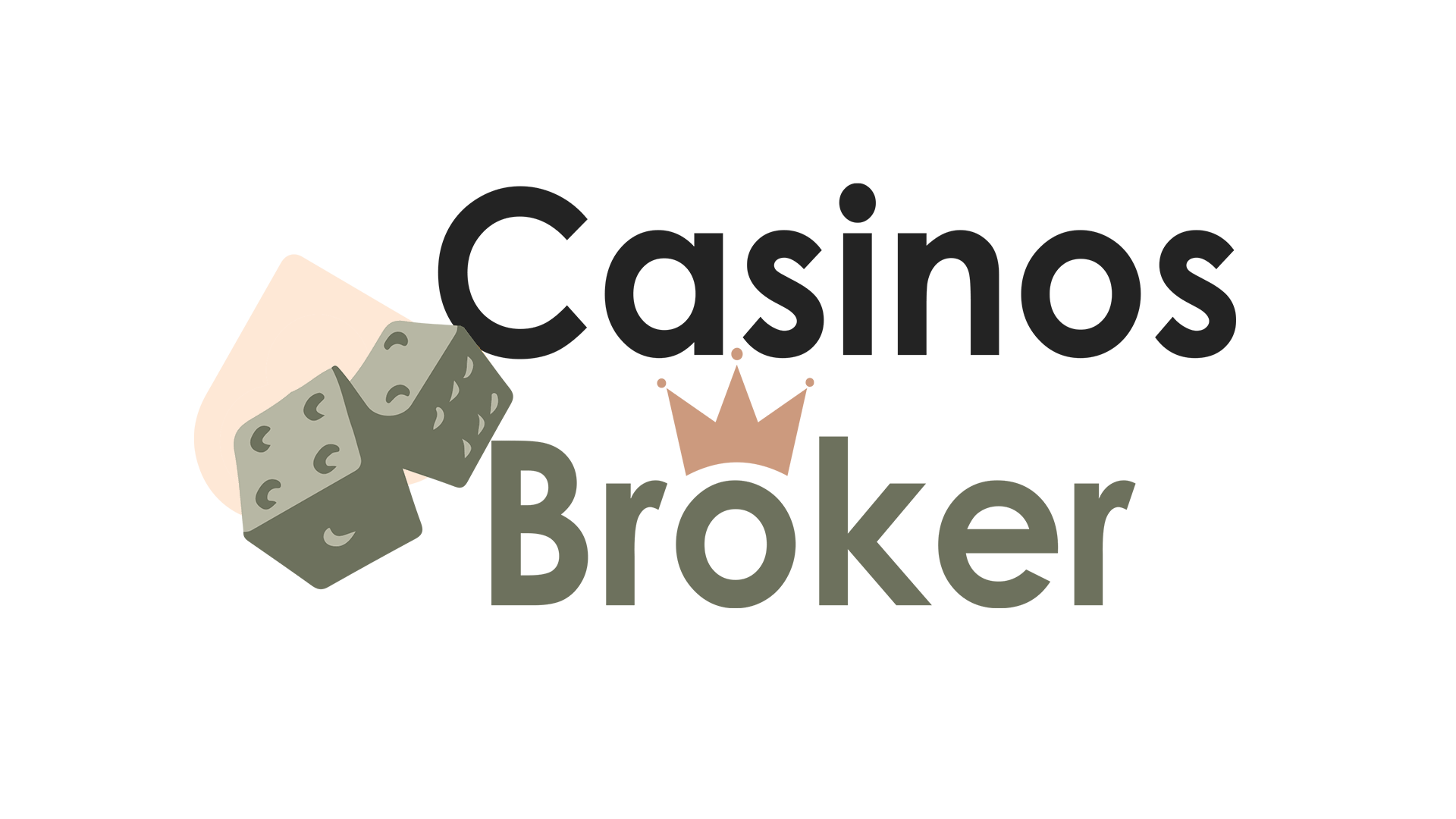Can I Sell My Business for All Cash?
Executive overview
Seasoned founders frequently ask whether they can “walk away with a suitcase of banknotes” when divesting a sportsbook, casino-content studio, or affiliate network. The short answer is yes—cash-at-closing deals do exist—but insisting on 100 percent cash reshapes valuation, narrows your buyer universe, and can lengthen time to close. Below is a lender-level view of why, illustrated with real-world numbers and framed for the highly regulated, margin-sensitive iGaming sector.
Cash, leverage and the investor calculus
Professional acquirers—from listed gambling groups to entrepreneurial roll-ups—rarely look at your company in isolation. They screen dozens of targets simultaneously, ranking them by effective return on equity (ROE) after financing. A deal structure that uses debt (bank, mezzanine, or SBA in the United States) lets a buyer control a larger asset base for the same equity outlay, so leveraged structures dominate unless the seller offers a unique strategic fit or a steep cash discount.
Perceived risk.
When a vendor refuses to share risk through a seller note, buyers ask themselves: What does the owner know that I don’t? That doubt can be fatal if your platform relies on upcoming licence renewals or if key markets (e.g., the Netherlands or Ontario) remain volatile.
Capital efficiency.
Deploying cash across several regulated jurisdictions—or co-investing in marketing, retention tech and player-protection tools—usually outperforms parking the same money in a single, unlevered acquisition.
Illustrative economics
The table compares two otherwise identical mid-tier iGaming affiliates. Each posts €800 k EBITDA and is marketed at a 3× multiple. Company A must be purchased for cash; Company B allows 50 percent seller or bank financing at 7 percent over seven years.
| Company A (All Cash) | Company B (50 % Financed) | Key takeaway | |
|---|---|---|---|
| Asking price | €2.4 m | €2.4 m | Same headline multiple (3×) |
| Equity outlay at close | €2.4 m | €1.2 m | Buyer keeps €1.2 m in reserve |
| Annual EBITDA before debt service | €800 k | €800 k | Operationally identical |
| Annual debt service (7 y amort.) | – | €200 k | Interest tax-deductible in most jurisdictions |
| Cash flow to equity, years 1–7 | €800 k | €600 k | Lower for leveraged option early on |
| Cash flow to equity, years 8–10 | €800 k | €800 k | Debt retired, flows equalise |
| Cash-on-cash return, years 1–7 | 33 % | 50 % | Leverage boosts ROE |
| Implied equity value after 10 y¹ | €2.4 m | €2.4 m | Same exit multiple assumed |
¹? Most sophisticated investors pick Company B: identical control, less upfront capital, and higher early-stage ROE.
Cultural and regulatory exceptions
Certain acquirers—especially family-owned operators from the Middle East or South-East Asia—avoid interest-bearing debt for religious or cultural reasons. These counterparties may pay all cash but usually expect a 15–25 percent price concession to offset the opportunity cost of tying up liquidity.
In the U.S., SBA-guaranteed loans (still capped at US $5 million as of May 30, 2025) let an individual purchaser “cash out” the seller at closing, with the government sharing lender risk. If your asset is pre-approved, seller finance becomes optional and you effectively receive an all-cash cheque—apart from a customary seller note of ~10 percent to keep you engaged during transition.
Is financing the buyer’s problem?
Partly, but the business must throw off enough free cash to service debt while absorbing regulatory compliance costs (AML, RG, data localisation). A site earning €500 k but requiring €300 k annual content and safer-gambling spend may fail bank stress tests; buyers will then ask you to bridge the gap with a vendor note.
Still want 100 percent cash? Practical options
Secure lender/SBA pre-approval (timeline 4–8 weeks; prepare audited financials and traffic KPIs).
Offer a cash price versus a financed price. Empirical data from >10 000 lower-mid-market deals shows cash-only transactions close at ~30 percent discounts; start at 20 percent and negotiate.
Time-to-close dynamics
Holding every other variable constant, a well-priced business marketed with flexible terms attracts signed LOIs 30–40 percent faster than an identical listing marketed “cash-only.” In iGaming, where licences and third-party tech integrations can lapse, time really is money.
Pros and Cons of an All-Cash Exit
Pros
- Immediate, full liquidity for the seller
- No reliance on buyer’s post-close performance or earn-outs
- Simplified legal documentation (no inter-creditor or subordination agreements)
Cons
- Smaller buyer pool and reduced competitive tension
- Typical 20–30 percent valuation haircut
- Longer marketing period; risk of licence or key-employee attrition during process
- Potential negative signal to sophisticated acquirers (“Why won’t the founder leave some skin in the game?”)
Frequently Asked Questions
Q1. Will demanding all cash scare away strategic buyers like Flutter or Entain?
Not necessarily; large publicly listed groups have balance-sheet flexibility. The bigger issue is whether your asset fits their current country pipeline and compliance appetite.
Q2. Can I use an earn-out instead of seller finance?
Yes. Earn-outs link future payments to revenue or EBITDA milestones and can coexist with bank debt, but they defer risk—not eliminate it.
Q3. What due-diligence package speeds up SBA or lender approval?
Three-year audited P&Ls, monthly gross-gaming-revenue breakdowns by jurisdiction, licence certificates, CMS traffic logs, and proof of player-protection protocols.
Q4. Does a multi-licence structure help or hurt financing?
It helps if licences are in tier-one markets (UKGC, MGA, Ontario) and transferable. A complex patchwork of grey-market skins raises lender anxiety.
Q5. How quickly can an iGaming business close after signing LOI?
With clean financials and clear licence transfer rules, 90 days is achievable. Add 30–60 days if regulatory approvals involve suitability reviews.
Final thought
An all-cash exit remains achievable—but in today’s data-driven, compliance-heavy iGaming market, flexibility on terms almost always yields a faster close and, more often than not, a higher net cheque. Structure your process accordingly and let market dynamics, not emotions, determine whether insisting on cash is worth the trade-off.


